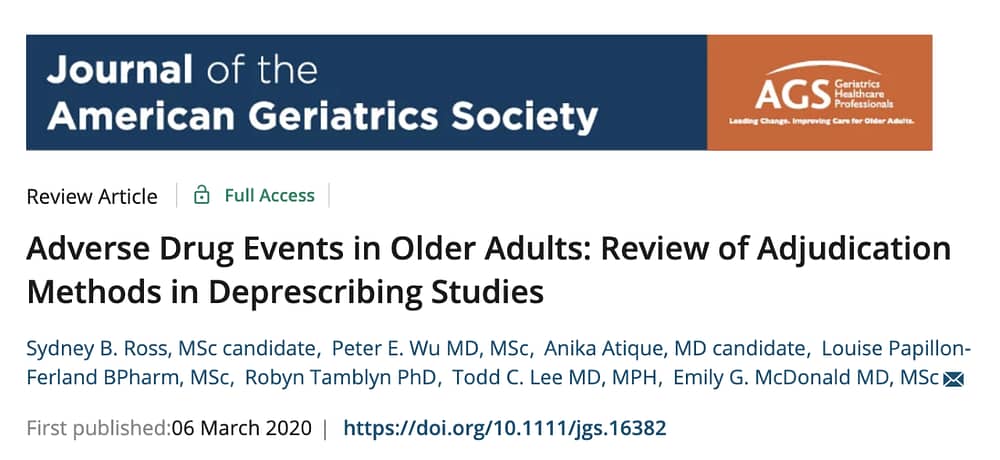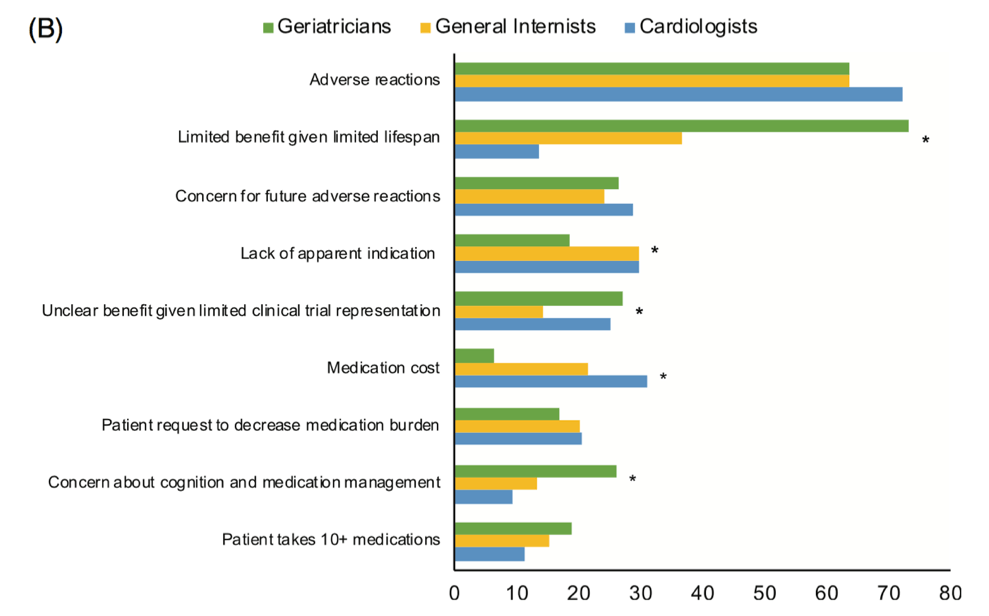A Pharmacist-Led Randomized Controlled Trial to Assess Adverse Drug Events in Patients Discharged from the Hospital.
Gurwitz JH, Kapoor A, Garber L, et al. Effect of a Multifaceted Clinical Pharmacist Intervention on Medication Safety After Hospitalization in Persons Prescribed High-risk Medications: A Randomized Controlled Trial. JAMA Intern Med. Mar 2021. doi:10.1001/jamainternmed.2020.9285 A randomized clinical trial recently published in JAMA Internal Medicine sought to test the effects of a pharmacist-led intervention to […]











